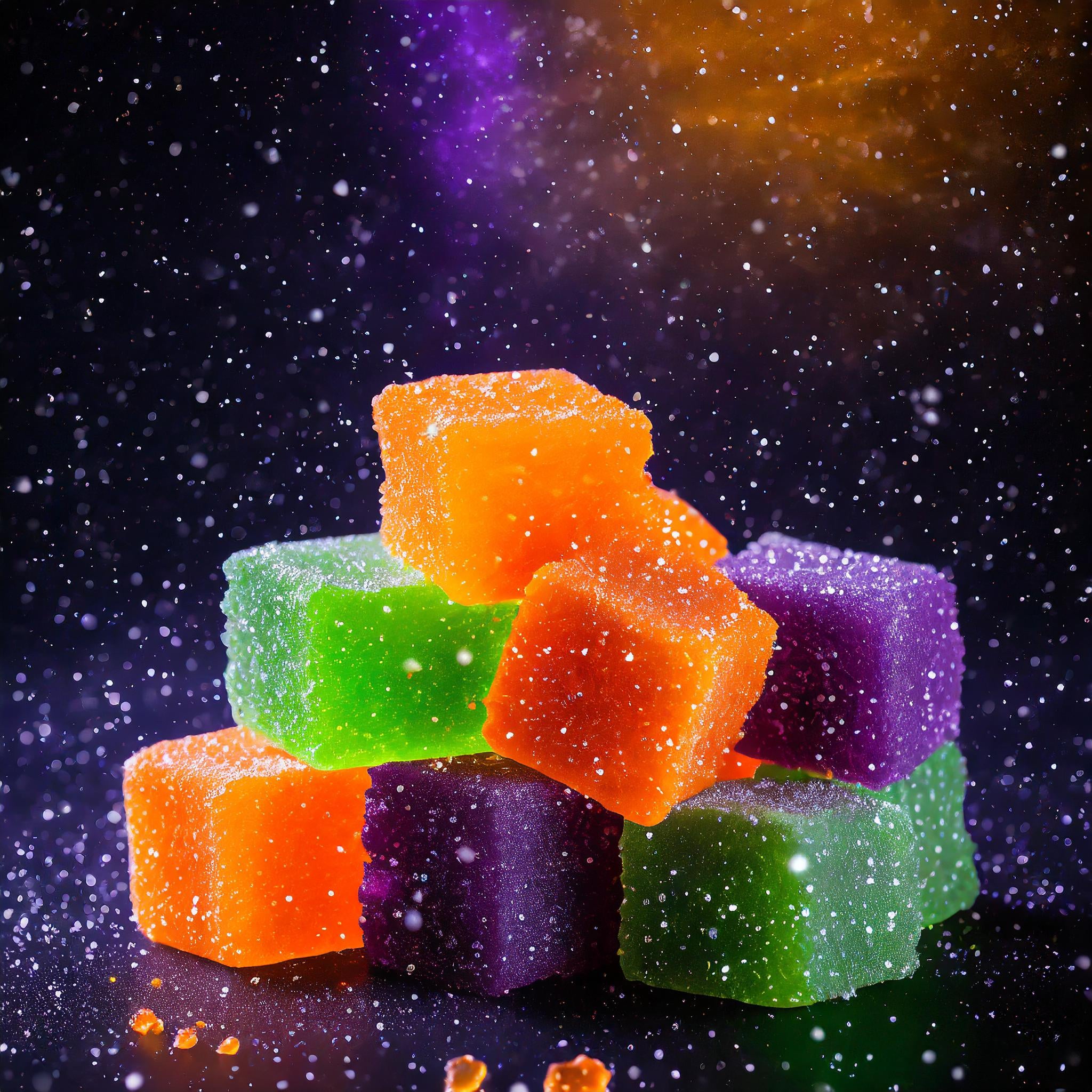THCA and CBD are two cannabinoids that have gained significant attention in recent years due to their potential health benefits. While many people are familiar with CBD and its various applications, the question of whether THCA can get you high is often a topic of confusion. In this article, we will delve into the differences between THCA and CBD, their respective effects on the body, and the potential benefits they offer.
What is THCA?
THCA, or tetrahydrocannabinolic acid, is a non-intoxicating cannabinoid found in raw cannabis plants. It is the precursor to THC (tetrahydrocannabinol), the psychoactive compound that is responsible for the "high" associated with marijuana use. In its raw form, THCA does not produce psychoactive effects, making it a popular choice for those seeking the potential therapeutic benefits of cannabis without the mind-altering effects.
Can THCA Get You High?
No, THCA does not get you high. When THCA is heated, such as through smoking or vaping, it undergoes a process called decarboxylation, which converts it into THC. It is the THC that produces the euphoric effects commonly associated with marijuana use. However, consuming raw cannabis or products containing THCA will not result in a psychoactive experience.
The Potential Benefits of THCA:
While THCA may not produce a mind-altering high, it offers a range of potential health benefits. Some of the most notable are:
1. Anti-inflammatory Properties:
THCA has been found to have anti-inflammatory properties, which may make it useful in managing conditions such as arthritis and other inflammatory diseases.
2. Neuroprotective Effects:
Research suggests that THCA may have neuroprotective effects, meaning it could help protect and preserve brain cells. This makes it a promising avenue of study for conditions such as Alzheimer's disease and other neurodegenerative disorders.
3. Anti-emetic Effects:
THCA has shown promise as an anti-emetic, meaning it may help reduce nausea and vomiting, especially in cancer patients undergoing chemotherapy.
What is CBD?
CBD, or cannabidiol, is another non-intoxicating cannabinoid found in cannabis plants. Unlike THC, CBD does not produce psychoactive effects, making it a popular choice for those seeking the potential therapeutic benefits of cannabis without the mind-altering properties.
Can CBD Get You High?
No, CBD does not get you high. Unlike THC, CBD does not bind strongly to the cannabinoid receptors in the brain. This lack of binding affinity is what makes CBD non-intoxicating and well-tolerated by most individuals.
The Potential Benefits of CBD:
CBD has gained significant attention for its potential health benefits. Some of the most notable are:
1. Pain Relief:
CBD has been shown to have analgesic properties, making it a potential natural alternative for managing chronic pain, including conditions such as arthritis and neuropathic pain.
2. Anxiety and Stress Reduction:
Many individuals turn to CBD as a natural remedy for anxiety and stress. Research suggests that CBD may help reduce anxiety symptoms and promote a sense of calmness and relaxation.
3. Epilepsy and Seizure Control:
CBD has received FDA approval for the treatment of two rare forms of epilepsy, namely Dravet syndrome and Lennox-Gastaut syndrome. It has shown to be effective in reducing the frequency and severity of seizures in these conditions.
CBD and THCA: A Synergistic Combination?
It is important to note that THCA and CBD can work synergistically when used together. This means that combining the two cannabinoids may produce more significant therapeutic effects than using them individually. This phenomenon, known as the entourage effect, suggests that the different compounds in the cannabis plant work together to enhance each other's beneficial properties.
Conclusion:
While THCA and CBD both offer potential health benefits, it is important to understand that they have distinct qualities. THCA does not get you high, but it may possess anti-inflammatory, neuroprotective, and anti-emetic properties. On the other hand, CBD is non-intoxicating and has been found to provide pain relief, anxiety reduction, and seizure control. By understanding these differences, individuals can make informed decisions about which cannabinoid may best suit their specific needs. Always consult with a healthcare professional before incorporating any new wellness products into your routine.




